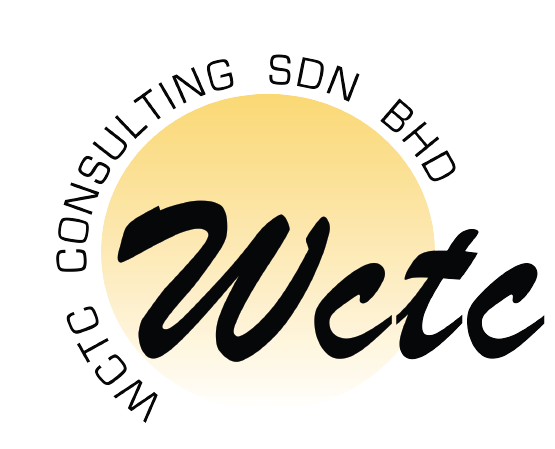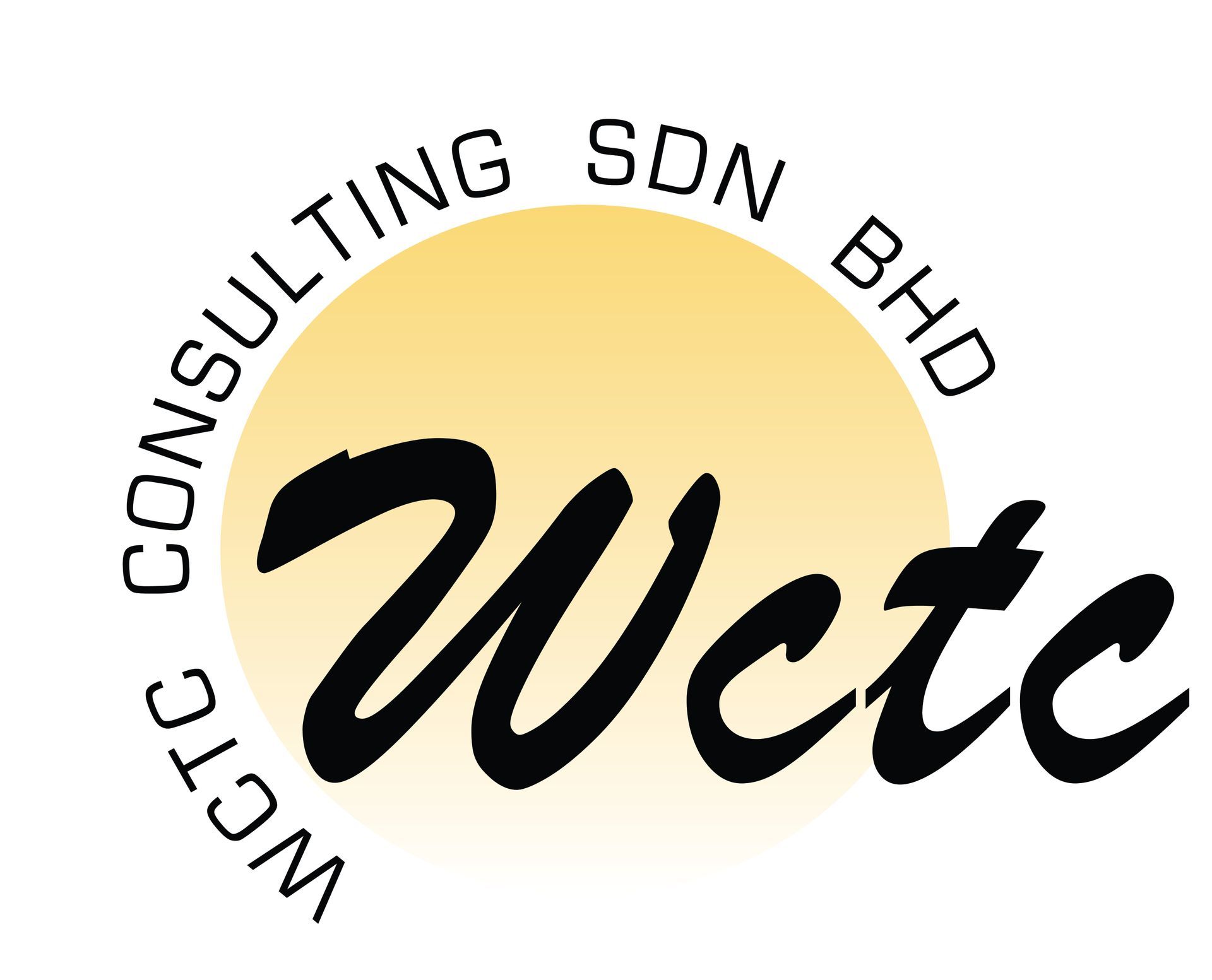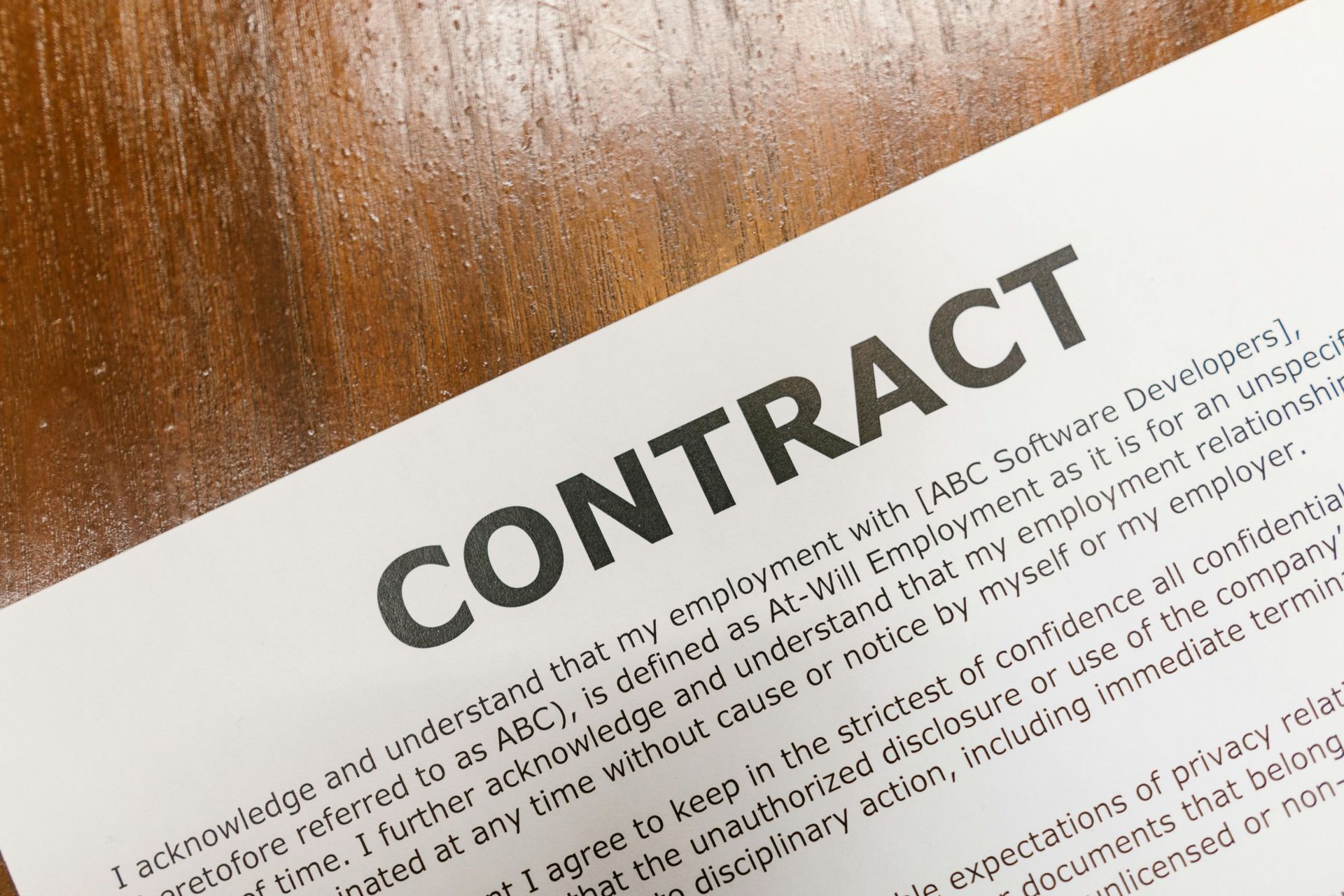Public Training

ABOUT THE PROGRAM When performance isn’t managed properly, organizations end up paying for it in silence: people are unsure of what “success” even looks like, goals are set randomly, evaluations feel inconsistent, and teams start dragging under the weight of unclear expectations . Managers avoid tough conversations, reviews get reduced to a quick number or percentage, and small problems grow into full-blown performance issues that could’ve been fixed early. Without a clear, structured framework, both HR and managers struggle to maintain fairness, alignment, and accountability. Time gets wasted. Talented people lose motivation. Underperformance slips through the cracks. And the organization misses chance after chance to strengthen its talent pipeline. This two-day program equips Managers and Team Leaders with practical, usable tools to set meaningful KPIs, align them with organizational objectives, identify Key Result Areas, and understand the core components of a proper Performance Management System. Participants will learn how to create clarity, maintain consistent standards, and drive performance conversations that actually lead to improvement rather than confusion. The goal is simple: turn performance management into a disciplined, repeatable process that supports employee growth and organizational results; not a once-a-year form-filling ritual. JOIN US to build a performance culture where clarity is the norm, accountability is shared, and every review becomes a genuine driver of progress and growth.

OVERVIEW Have you noticed that nearly everything in life requires compromise and thus requires some degree of negotiation to get more of what you want and less of what you don’t want? Negotiation is a vital skill for professionals across every job function, whether it applies to partners, vendors, colleagues, employees, or recruits. Successful negotiation requires self-awareness, preparation, and practice. Our research team aims to produce principled and innovative leaders who improve the world . To make a difference, you must first be able to influence people. By understanding how to negotiate effectively, you can gain a competitive advantage, achieve business objectives, and effect change. In reality, NEGOTIATION occurs almost on an everyday basis and often in situation we do not even think about as a negotiation with our peer at workplace. When do you negotiate? • Negotiate on Minimising Costs • Negotiate Your Way Out of Adversity • Negotiate Solution Due to The Delays • Negotiate With Your Current and New Vendors • Negotiate With Customers That You Cannot afford to lose • Negotiate Financial Impact in multiple project management • Negotiate with your employees on employment performance and benefits • Negotiate For Better Collaboration Rather than Confrontation With Stakeholders (Internal and External Partners) Our Wise Negotiator content delivery is NOT your typical negotiation training. Firstly it is NOT just slide and tell. Secondly, you will engage in negotiations and receive feedback in the class . Beyond learning the frameworks and skills associated with negotiating, you will practice putting these new skills into action. You will also learn to understand, plan, and achieve your objectives in a variety of contexts by incorporating neurolinguistic programming (NLP) in negotiation process . Trainer will demonstrate the essence of Neuro-Linguistic Programming (NLP) techniques using a variety of learning modalities and NLP techniques. “It’s Not Just The Terms Of A Deal That Matter, But Also How The Parties Feel When They Walk Away.”








